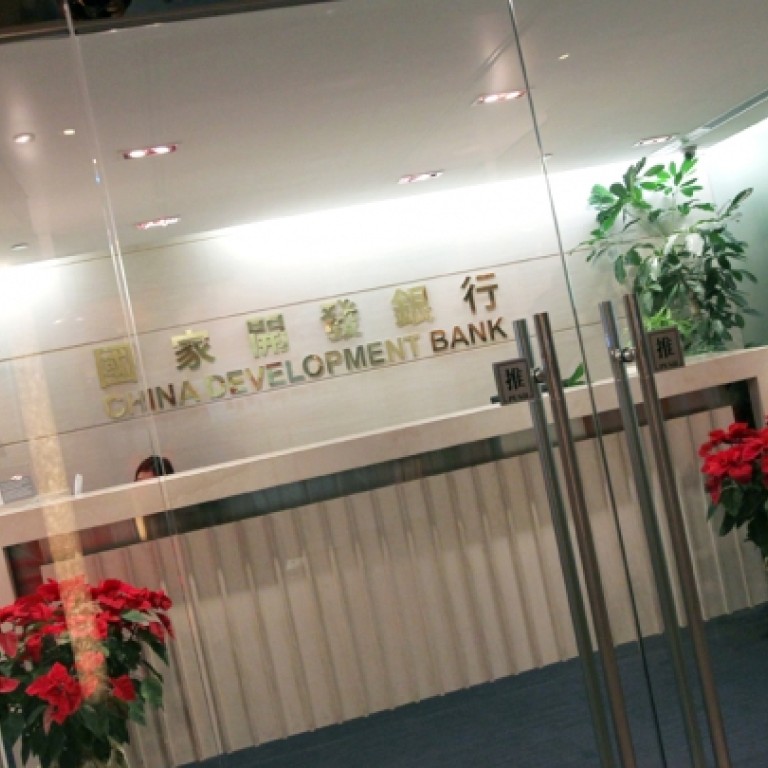
CDB backs Congo potash project
Bank subsidiary makes US$100m investment in HK company developing mineral scheme
China Development Bank, the mainland's capital-rich policy lender, has teamed up with a Hong Kong investor to jointly develop a giant potash project in Africa, part of Beijing's "go out" strategy to acquire natural resources.

China-Africa Development Fund, established in 2006, is a US$5 billion Africa-dedicated fund.
The tie-up between the fund and Dingyi is part of Dingyi's long-term plan to own and develop a potash project in the Republic of the Congo, said Kevin Su, chief executive of Dingyi.
Dingyi is in the last stage of acquiring Australia's Elemental Minerals, which owns 93 per cent of the Sintoukola potash project in the Republic of the Congo, also known as Congo-Brazzaville. Su expected its annual output to reach about two million tonnes once Dingyi starts to develop the project.
Potash refers to potassium minerals that are used mostly in fertilisers.
"The potash project in Africa will need big investments in the coming years and CDB will be a great partner to have to help us to finance the project," Su said.
The early-stage cost for the potash project in the Republic of the Congo, including investments in local infrastructures and logistics, may be about US$2 billion. The Beijing-based investment fund Hopu Investment, led by Fang Fenglei, would also become an investor in Dingyi, Su said, without giving specifics.
Despite the geographical distance, economic and diplomatic ties between Beijing and many African countries have rapidly strengthened in the past decade. Besides the government-backed China-Africa Development Fund, Beijing last year pledged US$20 billion in credit to African governments over the next three years.
The mainland government has encouraged domestic companies and investors to invest in natural resources businesses abroad, in particular in oil, gas and potash, the three most-wanted resources assets by Beijing.
Before Li Keqiang was promoted to be the premier earlier this year, as vice-premier he was personally in charge of a national committee dedicated to long-term strategy concerning the mainland's potash reserves.
Su said: "For now, China doesn't have the pricing power in the potash business because the potash market is mainly dominated by Canada, Russia and Germany."
At present, the mainland relies heavily on imports of potash, which account for about 50 per cent of annual demand.

